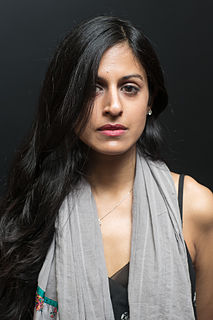A Quote by Vladimir Nabokov
I think my favorite fact about myself is that I have never been dismayed by a critic's bilge or bile, and have never once in my life asked or thanked a reviewer for a review.
Related Quotes
I met with President Donald Trump at Mar-a-Lago in February. So he'd been in office about a month. It was for an hour. Went over there on a Saturday. They invite... Reince Priebus called and said, "The president wants to see you." He never once asked me what I thought. He never asked me once what he thought I ought to do. He never asked me what I think of this or that. My impression is this man is more self-informed and decisive.
Writers are funny about reviews: when they get a good one they ignore it-- but when they get a bad review they never forget it. Every writer I know is the same way: you get a hundred good reviews, and one bad, andyou remember only the bad. For years, you go on and fantasize about the reviewer who didn't like your book; you imagine him as a jerk, a wife-beater, a real ogre. And, in the meantime, the reviewer has forgotten all about the whole thing. But, twenty years later, the writer still remembers that one bad review.
My God, I have never thanked Thee for my 'thorn!' I have thanked Thee a thousand times for my roses, but never once for my 'thorn;' I have been looking forward to a world where I shall get compensation for my cross as itself a present glory. Teach me the glory of my cross; teach me the value of my 'thorn.' Show me that I have climbed to Thee by the path of pain. Show me that my tears have made my rainbow.
I never call myself a singer, ever. I never will. I've always been really embarrassed about my voice. I've never been confident about it. I think it's a little bit better now than when I first started. There are people I admire who are genuinely brilliant singers and I know the difference between what they can do and what I can do.






































